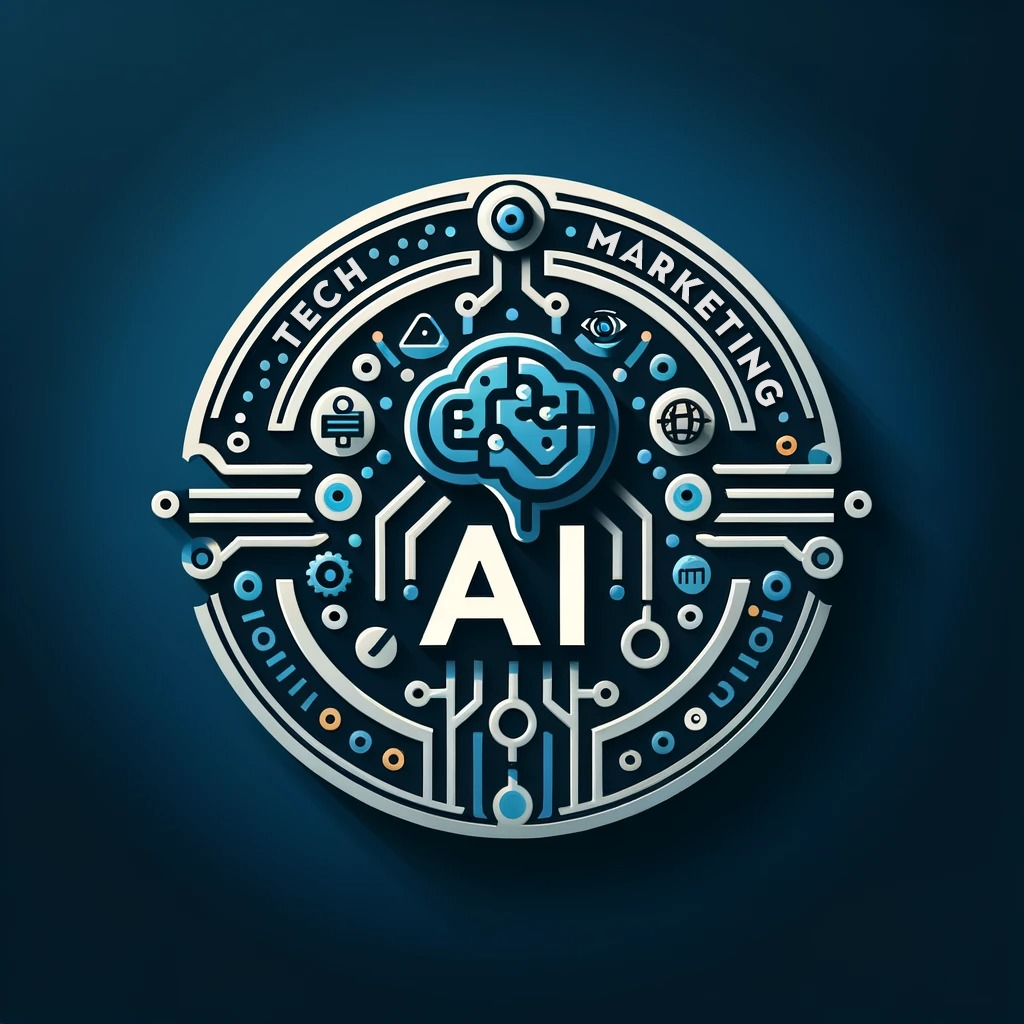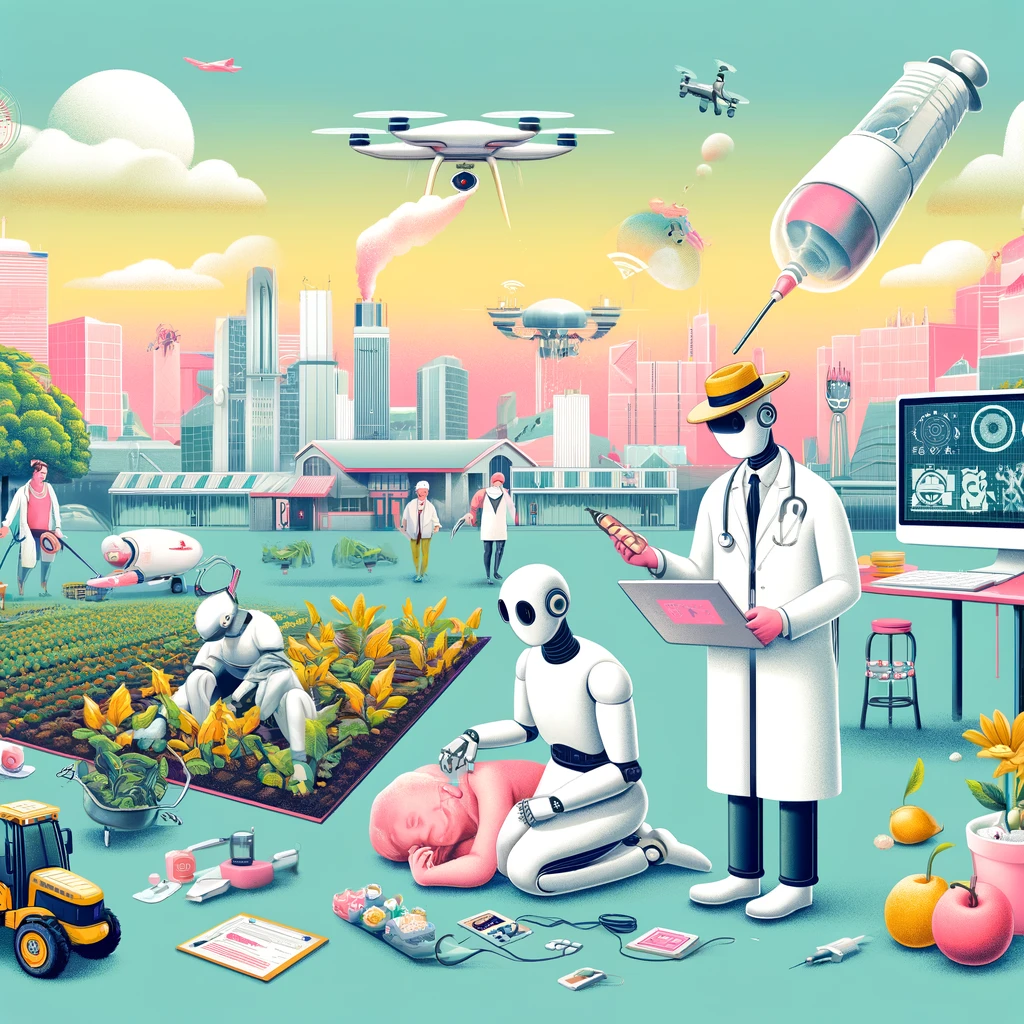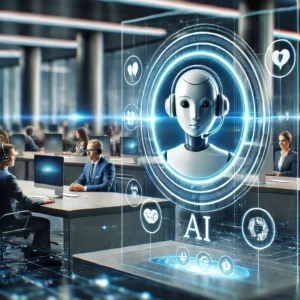Artificial intelligence (AI) is not just a buzzword; it’s a revolutionary force poised to reshape our world in unprecedented ways. From generating new jobs to predicting climate patterns, the future of AI holds immense promise for a better, safer, and more efficient world. While some myths and fears persist, it’s time to explore the incredible potential of AI and dispel the misconceptions. So, buckle up as we embark on a journey to the future, where AI not only enhances our lives but also paves the way for a brighter tomorrow.
AI: A Job Generator, Not a Job Terminator
Contrary to popular belief, AI is more likely to create jobs than destroy them. According to the World Economic Forum, AI could create 97 million new jobs by 2025, outweighing the 85 million jobs it might displace. The roles emerging in the AI-driven future will focus on advanced skills, such as data analysis, machine learning engineering, and AI ethics management.
New Jobs on the Horizon
- AI Trainers and Data Annotators: As AI systems need vast amounts of data to learn, professionals who can label and prepare data sets will be in high demand.
- Ethical AI Specialists: Ensuring AI operates within ethical boundaries is crucial. Experts in this field will help navigate the moral complexities of AI implementation.
- AI Maintenance and Repair Technicians: Just like any other technology, AI systems will require regular maintenance and troubleshooting, leading to a surge in demand for technical support roles.
AI in Agriculture: Feeding the Future
Feeding a growing global population is one of humanity’s greatest challenges. AI is stepping up to the plate by revolutionizing agriculture through precision farming, crop monitoring, and predictive analytics.
Smart Farming Techniques
- Precision Agriculture: AI-driven sensors and drones monitor crop health, soil conditions, and moisture levels. This data helps farmers make informed decisions, reducing waste and increasing yield.
- Predictive Analytics: By analyzing historical weather data and current conditions, AI can forecast crop performance and suggest optimal planting times.
- Automated Harvesting: AI-powered robots can pick fruits and vegetables with precision, reducing labor costs and increasing efficiency.
AI in Climate Prediction: Saving Lives and the Planet
Climate change is a pressing issue, and AI is playing a crucial role in addressing it. By predicting weather patterns and natural disasters, AI helps mitigate the impacts of climate change and save lives.
AI-Powered Climate Solutions
- Weather Forecasting: AI models analyze vast amounts of meteorological data to provide accurate weather forecasts, helping communities prepare for extreme weather events.
- Climate Modeling: AI enhances climate models, providing more precise predictions of long-term climate trends and helping policymakers make informed decisions.
- Disaster Response: AI can predict the path and impact of natural disasters like hurricanes and floods, enabling faster and more effective emergency responses.
AI in Healthcare: Revolutionizing Medicine
AI’s impact on healthcare is profound, with the potential to diagnose diseases, personalize treatments, and improve patient outcomes.
Transformative Healthcare Applications
- Early Diagnosis: AI algorithms analyze medical images and patient data to detect diseases like cancer at an early stage, increasing the chances of successful treatment.
- Personalized Medicine: By analyzing genetic information, AI can tailor treatments to individual patients, improving efficacy and reducing side effects.
- Virtual Health Assistants: AI-powered chatbots and virtual assistants provide 24/7 support, answering medical queries and scheduling appointments, freeing up healthcare professionals for more critical tasks.
AI in Conflict Resolution: A Path to Peace
AI’s potential to prevent and resolve conflicts is often overlooked. By analyzing social and political data, AI can identify early signs of unrest and propose solutions to prevent escalation.
Peacekeeping with AI
- Conflict Prediction: AI algorithms analyze data from social media, news, and other sources to predict conflicts and social unrest, allowing for proactive measures.
- Diplomatic Assistance: AI can assist diplomats by providing insights into complex geopolitical situations and suggesting negotiation strategies.
- Humanitarian Aid: AI helps coordinate and optimize the distribution of humanitarian aid in conflict zones, ensuring it reaches those in need promptly.
Debunking AI Myths
Despite its many benefits, AI is often shrouded in myths and misconceptions. Let’s set the record straight on a few common ones.
Myth 1: AI Will Take Over the World
This dystopian scenario popularized by movies and books is far from reality. AI systems are designed to assist and augment human capabilities, not replace or dominate humanity. Stringent ethical guidelines and regulations are being developed to ensure AI operates within safe boundaries.
Myth 2: AI is Infallible
While AI can process vast amounts of data quickly, it is not infallible. AI systems are only as good as the data they are trained on and the algorithms that power them. Human oversight is crucial to ensure AI systems are functioning correctly and making accurate decisions.
Myth 3: AI is Only for Tech Giants
AI technology is becoming increasingly accessible, with numerous tools and platforms available for small businesses and individuals. From AI-powered marketing tools to customer service chatbots, businesses of all sizes can leverage AI to enhance their operations.
A Glimpse into the AI-Powered Future
Imagine a future where AI helps us grow more food, predicts weather and climate changes with pinpoint accuracy, and even prevents conflicts before they escalate. Here are some exciting possibilities:
AI and Urban Planning
AI will revolutionize urban planning by analyzing data on traffic patterns, population growth, and environmental impact. This will lead to smarter cities with efficient public transport, green spaces, and sustainable infrastructure.
AI in Education
AI-powered personalized learning platforms will cater to individual student needs, making education more accessible and effective. Teachers will have AI tools to track student progress and provide targeted support.
AI in Entertainment
The entertainment industry will be transformed by AI, with algorithms creating personalized content recommendations, generating music and art, and even developing new forms of interactive media.
Embracing the Future with Optimism
As we look to the future, it’s clear that AI will play a pivotal role in shaping a better world. From generating jobs to enhancing healthcare, predicting climate changes, and fostering peace, the potential benefits of AI are immense. By embracing AI technology and addressing its challenges with ethical and responsible approaches, we can ensure that the future is not only technologically advanced but also equitable and inclusive.
So, let’s welcome the AI revolution with open arms and a sense of humor. After all, the future is bright, and with AI by our side, it’s bound to be an exciting ride. Whether you’re a business owner, a farmer, a healthcare professional, or just someone curious about the future, there’s a place for you in the AI-driven world. Together, we can harness the power of AI to create a better tomorrow for all.




